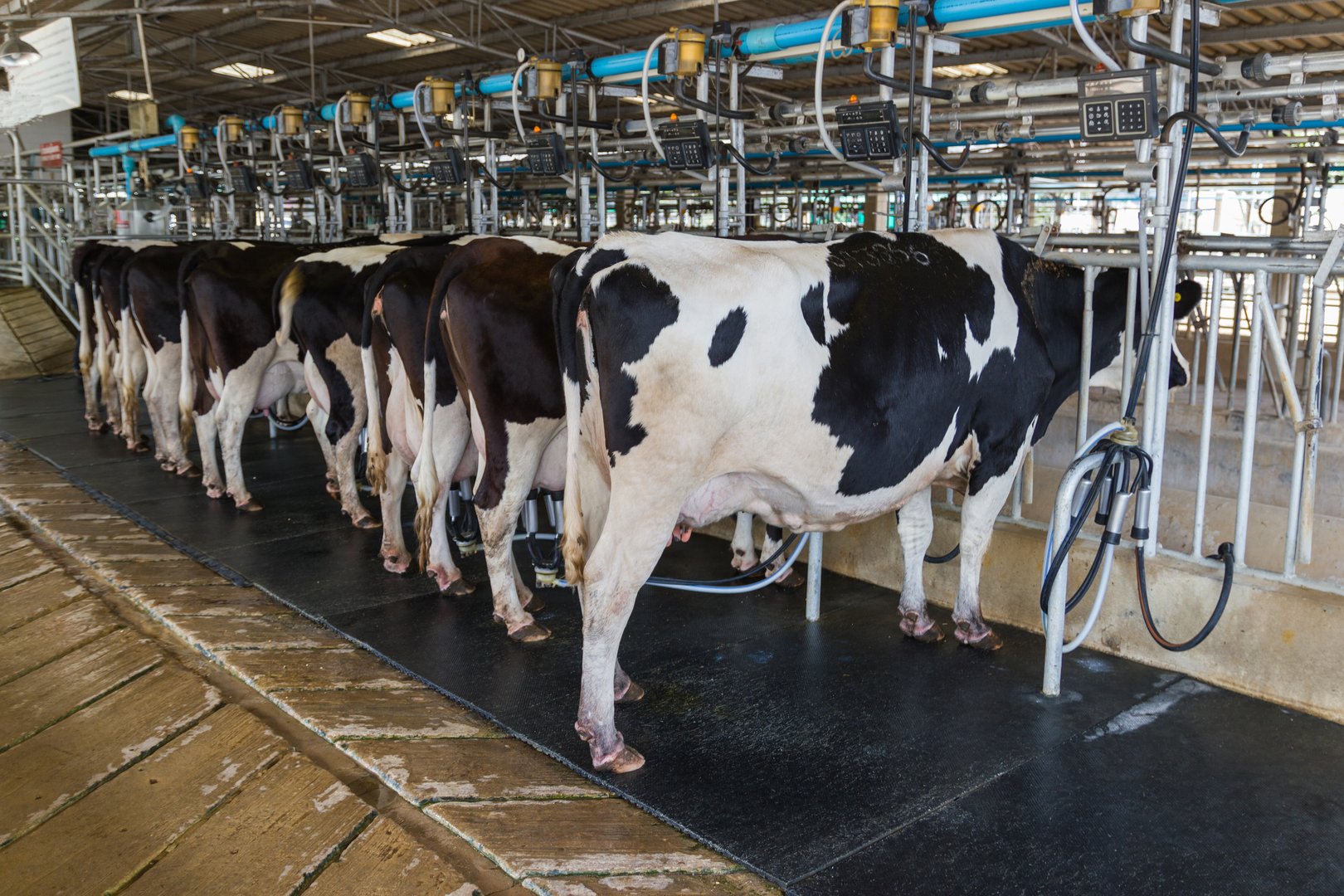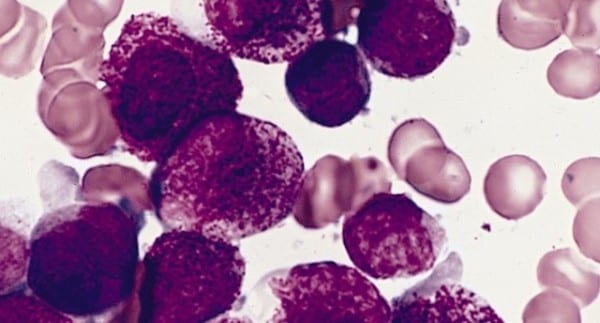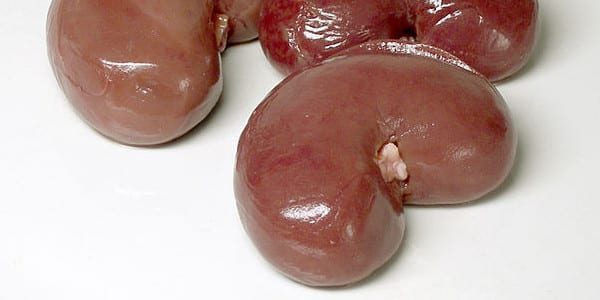In the PAOLA-1/ENGOT-ov25 primary analysis, maintenance olaparib plus bevacizumab demonstrated a significant progression-free survival (PFS) benefit in newly diagnosed advanced ovarian cancer patients in clinical response after first-line platinum-based chemotherapy plus bevacizumab, irrespective of surgical status. Prespecified, exploratory analyses by molecular biomarker status showed substantial benefit in patients with a BRCA1/BRCA2 mutation (BRCAm) or homologous recombination deficiency (HRD; BRCAm and/or genomic instability). We report the prespecified final overall survival (OS) analysis, including analyses by HRD status.
Patients were randomized 2:1 to olaparib (300 mg bid; up to 24 months) plus bevacizumab (15 mg/kg q3w; 15 months total) or placebo plus bevacizumab. Analysis of OS, a key secondary endpoint in hierarchical testing, was planned for ∼60% maturity or 3 years after the primary analysis.
After median follow-up of 61.7 and 61.9 months in the olaparib and placebo arms, respectively, median OS was 56.5 versus 51.6 months in the ITT (hazard ratio [HR]=0.92, 95% CI 0.76-1.12; P=0.4118). Subsequent poly(ADP-ribose) polymerase (PARP) inhibitor therapy was received by 105 (19.6%) olaparib patients versus 123 (45.7%) placebo patients. In the HRD-positive population, OS was longer with olaparib plus bevacizumab (HR=0.62, 95% CI 0.45-0.85; 5-year OS rate, 65.5% versus 48.4%); at 5 years, updated PFS also showed a higher proportion of olaparib plus bevacizumab patients without relapse (HR=0.41, 95% CI 0.32-0.54; 5-year PFS rate, 46.1% versus 19.2%). Myelodysplastic syndrome, acute myeloid leukemia, aplastic anemia, and new primary malignancy incidence remained low and balanced between arms.
Olaparib plus bevacizumab provided clinically meaningful OS improvement for first-line patients with HRD-positive ovarian cancer. These prespecified exploratory analyses demonstrated improvement despite a high proportion of patients in the placebo arm receiving PARP inhibitors post-progression, confirming the combination as one of the standards of care in this setting with the potential to enhance cure.
Copyright © 2023 The Author(s). Published by Elsevier Ltd.. All rights reserved.















